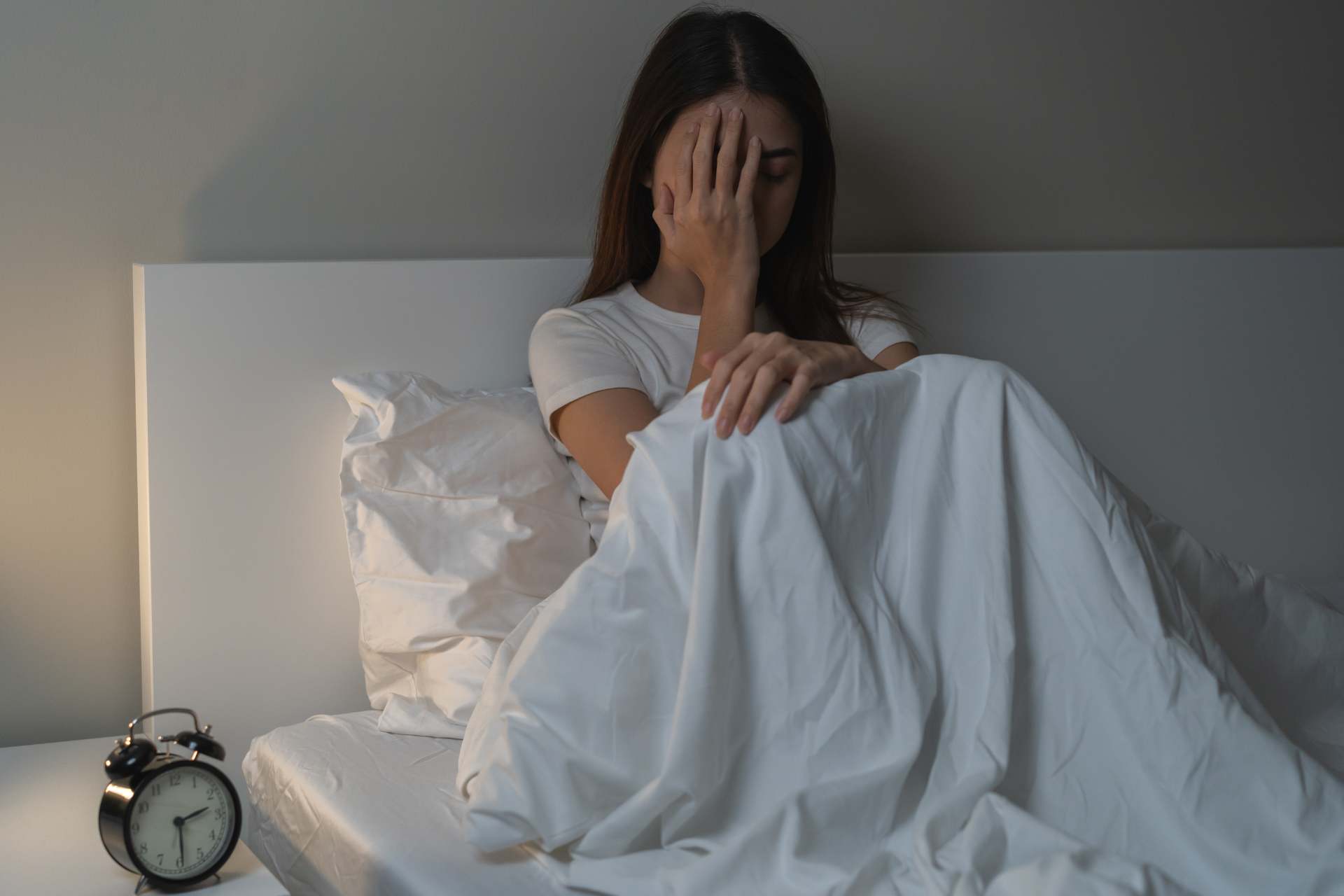Researchers at the Department of Pharmacy at the University of Calabria, in Italy, recently published new data on the potential of specific probiotics to support the mental well-being of healthy adults, who worked at the university during the COVID-19 pandemic.
The outbreak of COVID-19 has been affecting the daily lives of people worldwide, including those working at the University. While anxiety and stress in the academic environment are already a public health concern, the lockdown and social life restrictions applied during the COVID-19 pandemic led to the worsening of mental health and increased levels of stress among university students and professors.
Previous studies reported that stress affects several physiological functions such as cortisol release and sleep. Moreover, stress hormones can trigger inflammatory responses by altering the integrity of gut microbiota involved in the regulation of the mucosal immune system. Indeed, clinical evidence demonstrated that probiotics consumption can positively influence the response to psychological stress modulating the gut-brain axis and improving host body functions such as mood management, emotions, and cognition. Thus, the researchers investigated how a food supplement containing two probiotic strains, Limosilactobacillus reuteri PBS072 and Bifidobacterium breve BB077, influenced the well-being of 33 healthy adults, working at the university during the COVID-19 pandemic.

In this double-blind, cross-over, placebo-controlled clinical study, participants were randomly assigned to receive one capsule a day containing the probiotics or the placebo product in a two-treatment period of 30 days with a washout period of 30 days. At the beginning and at the end of each treatment, the participants completed a battery of questions for two psychological questionnaires, the Profile of Mood State (POMS) and the Pittsburgh Sleep Quality Index (PSQI).
The study showed that the overall mood was ameliorated in the probiotics group compared to the placebo. The subscale POMS scores for tension and anger were significantly reduced after 30 days of treatment with the two probiotic strains. Similarly, L. reuteri PBS072 and B. breve BB077, positively affected the overall PSQI score. Moreover, participants receiving the probiotics reported significant improvements in sleep quality and sleep latency 30 days after treatment.
The results obtained in this clinical study demonstrate that a 30 days treatment period with L. reuteri PBS072 and B. breve BB077 significantly contributes to the modulation of mood and sleep quality during stressful periods.
These findings confirm the positive effect of probiotics and show that probiotics intake enhanced the well-being of people working under stressful conditions during the COVID-19 pandemic.









